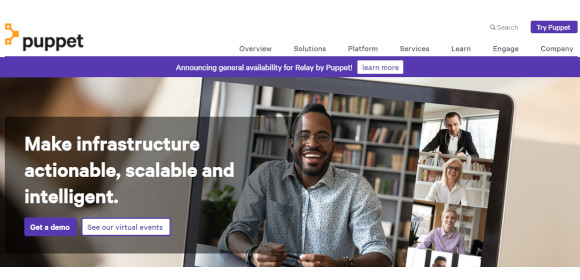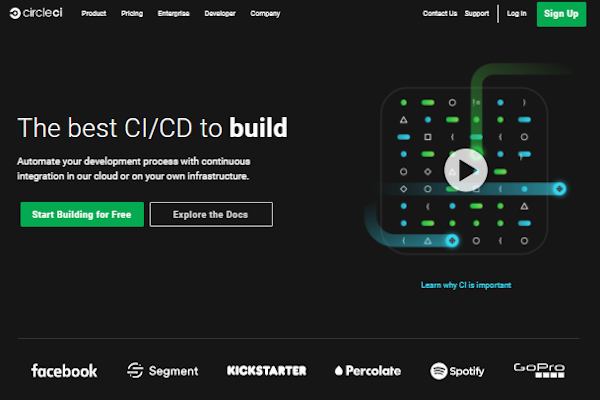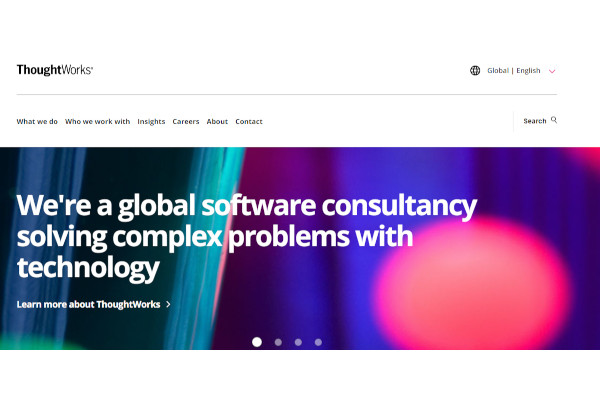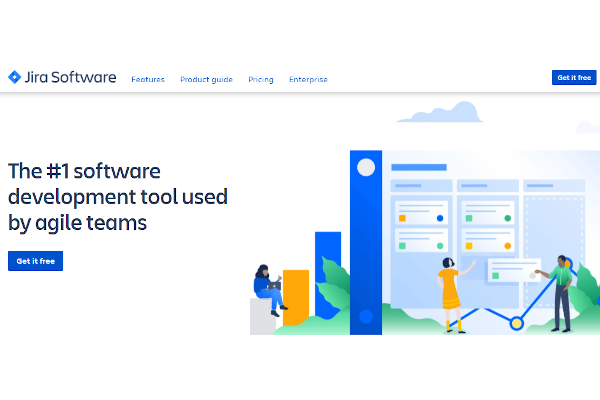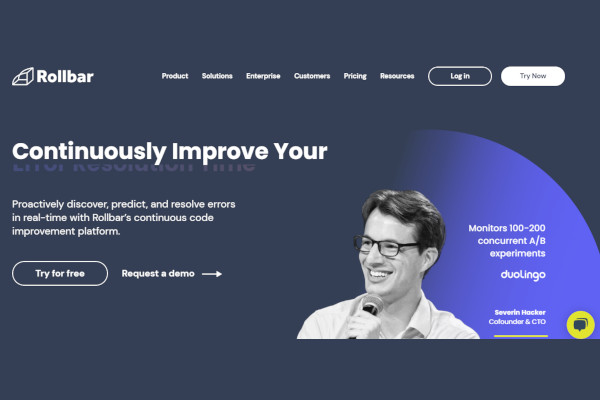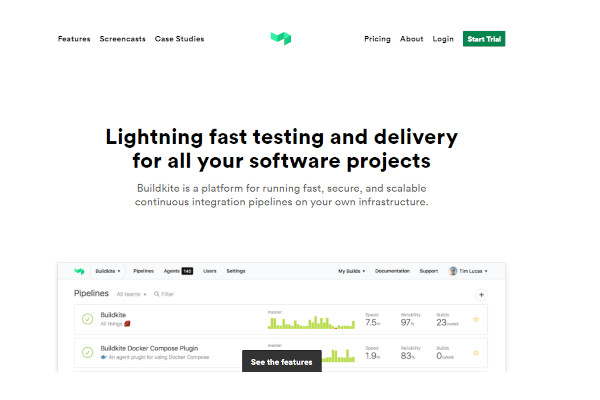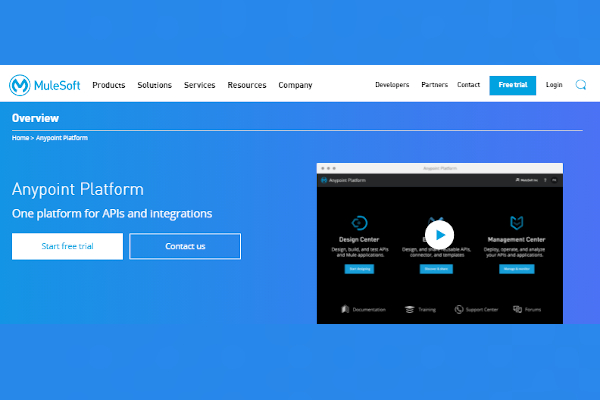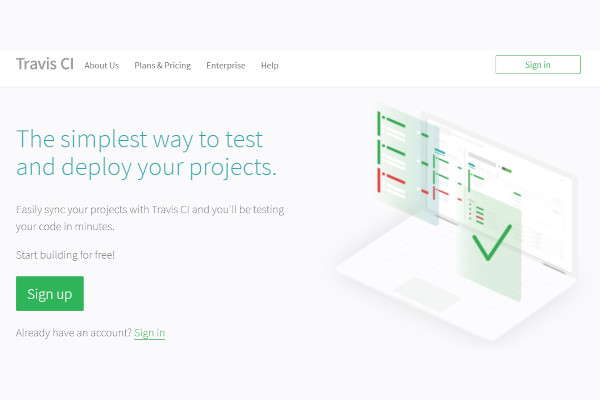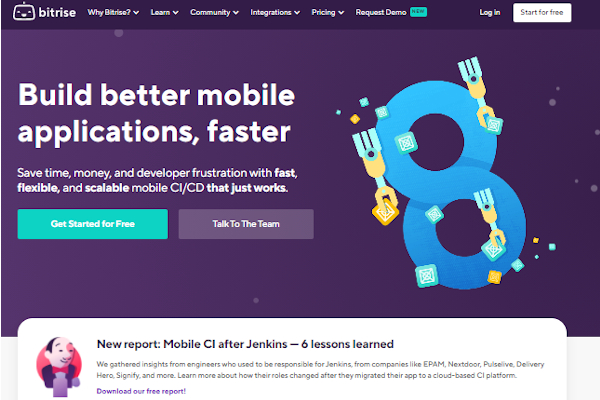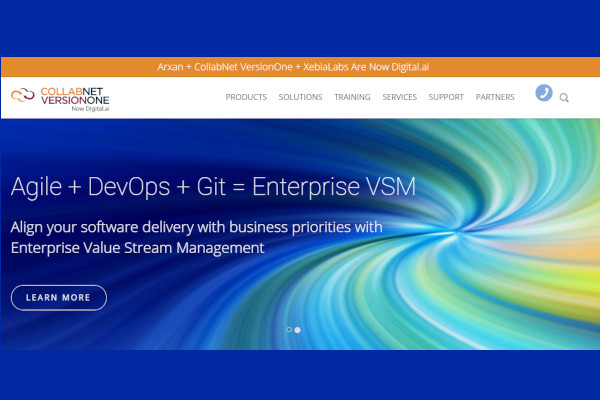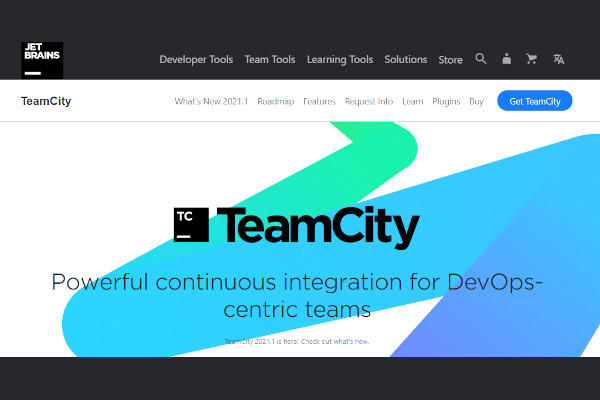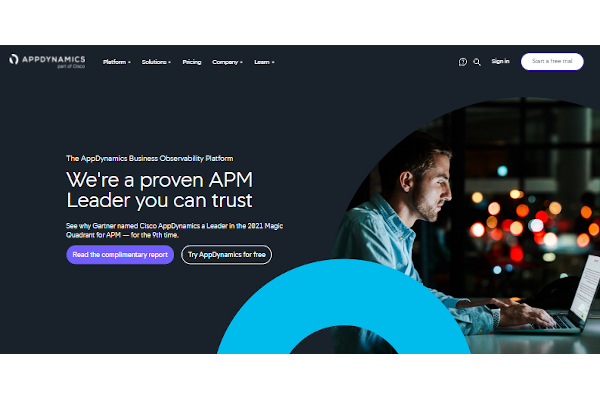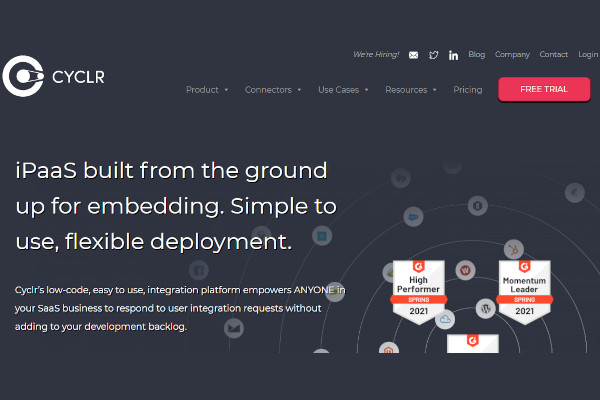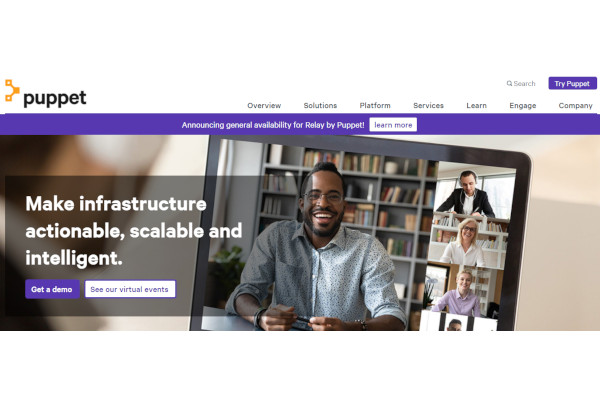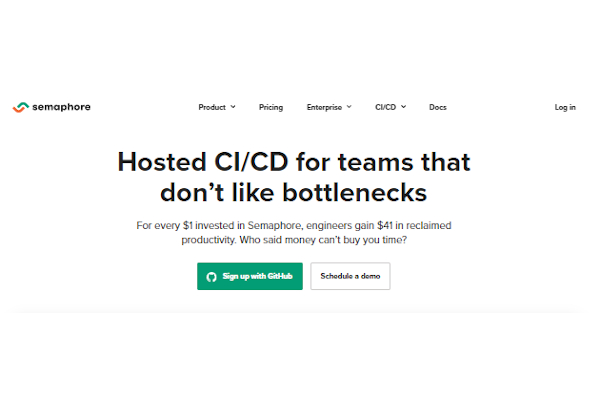The world is dependent on technological tools. For this reason, developers developed multiple software to assist companies in their daily operations. However, developers face hardships as software development is complex. Technology issues require technological solutions. Meet continuous integration software to ensure your code unity is smooth and flawless. Continue reading below for more.
17+ Continuous Integration Software
1. CircleCI
2. ThoughtWorks
3. Jira
4. Rollbar
5. Buildkite
6. Bitbucket
7. GitLab
8. Anypoint Platform
9. Jenkins
10. Travis CI
11. Bitrise
12. VersionOne
13. Teamcity
14. AppDynamics
15. Appcircle
16. Cyclr
17. Puppet Enterprise
18. Semaphore
What is Continuous Integration Software?
With single software development, multiple developers and data are merged. As a result, it is inevitable to experience broken codes due to continuous changes in the system. Vulnerability scanning and fixing bugs to the massive amount of data takes too much time and effort. That is why experts developed continuous integration software to assist developers in tracking vulnerabilities and executing bug fixing effectively and efficiently. It is a technological tool with advanced features and functionalities automating processes, notifying alerts, reminding appointments, and improving developer collaboration.
Benefits
As we all know, traditional methods nowadays would not suffice, especially with technological advancements. Software development requires innovative solutions to handle them professionally. Continuous integration software helps you reduce costs, boost productivity speed, quick vulnerability tracking, improve teamwork, and more. With this tool, you can feel confident that your app will work.
Features
Before purchasing the best software for your business, you need to analyze the features and functions first. These two factors are crucial aspects of software, allowing them to operate and do its purpose. Although that is the case, several platforms may fail to meet your expectations. On top of that, the software is expensive, one more reason you need to research before buying software. Software comparison websites talking about the software’s pros and cons are available for you to gather data. The following are features you might need:
- Access Controls/Permissions
- Business Process Automation
- Spend Management
- Status Tracking
- Strategic Planning
- File Sharing
- Financial Management
- Forecasting
Top 10 Continuous Integration Software
1. Bitbucket
Bitbucket from Atlassian includes build logs, compatibility testing, web app development, workflow management, and more advanced features. Atlassian has a $2.2 billion yearly revenue and 5,149 workers.
2. Jira
Jira from Atlassian includes agile methodologies, assignment management, backlog management, and more innovative features. Atlassian has annual revenue of $2.2 billion and 5,149 employees.
3. ThoughtWorks
ThoughtWorks includes continuous deployment, software development, change management, source control, and more valuable features. ThoughtWorks has annual revenue of $989.4 million and 10,214 employees.
4. Anypoint Platform
Anypoint Platform from Mulesoft includes API lifecycle management, big data analytics, API design, and more innovative features. Mulesoft has annual revenue of $315.8 million and 2,725 employees.
5. GitLab
GitLab includes application security, automated testing, configuration management, vulnerability scanning, and more contributive features. GitLab has annual revenue of $221 million and 1651 employees.
6. Jenkins
Jenkins from Cloudbees includes continuous delivery, version control, continuous deployment, pipeline management, and more logical features. Cloudbees has annual revenue of $110 million and 477 employees.
7. CircleCI
CircleCI includes app management, approval workflow, continuous deployment, continuous delivery, and more advanced features. CircleCI has annual revenue of $50.6 million and 635 employees.
8. Rollbar
Rollbar includes data modeling, root cause analysis, performance metrics, continuous delivery, and more logical features. Rollbar has annual revenue of $9.3 million and 72 employees.
9. Bitrise
Bitrise includes testing management, collaboration tools, continuous delivery, build log, and more contributive features. Bitrise has annual revenue of $6.4 million and 44 employees.
10. Buildkite
Buildkite includes security testing, release management, parameterized testing, debugging, and more contributive features. Buldkite has annual revenue of $3 million and 21 employees.
FAQs
What is continuous deployment?
Continuous deployment talks about the automation processes of overall software development. It is an activity that continuously builds an application until its final stage, which is the production. For modern software companies, continuous deployment provides enormous productivity gains, as it reduces costs and effort while saving time. It automates processes and tracks changes effectively, leading to quick production.
What is continuous delivery?
Continuous delivery is a complex activity of software development. It involves changes, bug fixing, configuration, vulnerability scanning, and more. It is a lean practice that aims to keep output fresh by using the shortest route possible. Continuous delivery is a prerequisite in software development since it paves the way for a speedy release of the product.
Why is software beneficial?
The professional industry nowadays uses software that offers multiple benefits and advantages to their daily operations. Due to the modern era, the market has increased demand and expectations, which a traditional method can’t keep up. The software has advanced features and functionalities, allowing users to boost speed and ensure quality assurance to the market.
Software development takes an impressive amount of time and effort. Developers change different codings and areas of underdeveloped applications. This case can sometimes lead to merge hell. That is why it is wise to use continuous integration software to enable automation testing and vulnerability tracking. With this tool, you can ensure operational efficiency and enhanced productivity.
Related Posts
10+ Best Chemical Software for Windows, Mac, Android 2022
12+ Best Vulnerability Scanner Software for Windows, Mac, Android 2022
4+ Best Bundled Pay Management Software for Windows, Mac, Android 2022
10+ Best Trust Accounting Software for Windows, Mac, Android 2022
10+ Best Patient Portal Software for Windows, Mac, Android 2022
13+ Best Virtual Reality (VR) Software for Windows, Mac, Android 2022
12+ Best Bed and Breakfast Software for Windows, Mac, Android 2022
15+ Best Resort Management Software for Windows, Mac, Android 2022
14+ Best Hotel Channel Management Software for Windows, Mac, Android 2022
12+ Best Social Media Monitoring Software for Windows, Mac, Android 2022
10+ Best Transport Management Software for Windows, Mac, Android 2022
10+ Best Other Marketing Software for Windows, Mac, Android 2022
10+ Best Top Sales Enablement Software for Windows, Mac, Android 2022
8+ Best Industry Business Intelligence Software for Windows, Mac, Android 2022
10+ Best Insurance Agency Software for Windows, Mac, Android 2022
